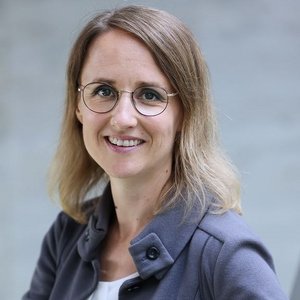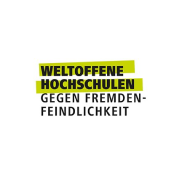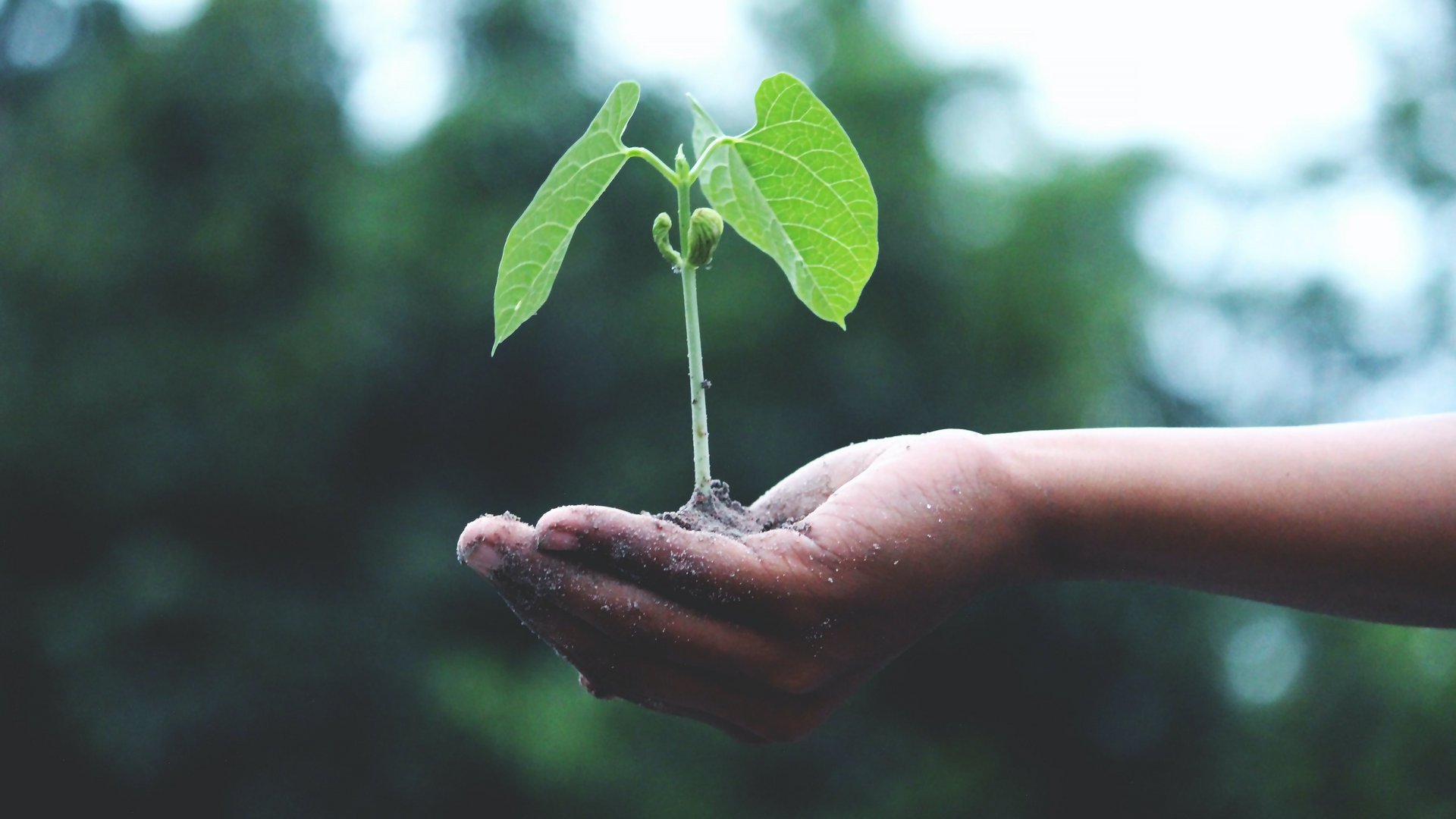
Climate change, resource scarcity and global injustice pose major challenges to the environment, the economy, society and health. We therefore specifically prepare our students to assume entrepreneurial responsibility for sustainability and climate protection with innovative solutions and to act ethically - because they help decide how we will live tomorrow. In our actions, we are guided by the UN SDGs (Sustainable Development Goals of the UN of 2016). We aim to have a climate-neutral campus by 2030.
Our projects and networks
We encourage ethical behaviour and sustainable responsibility in everyday life and at work through a broad range of university-wide projects as well as in cooperation with external partners.
Learning about ethics & sustainability
Exploring sustainability
Ethics at the university
Climate neutral campus
Sustainable mobility
Shaping together

Let’s act sustainably
What is happening in terms of sustainability and climate protection on our university campus? What initiatives, projects and events are currently taking place? What can we do to make our own personal contribution to climate protection in our work and everyday lives? Where can I join in, because climate protection is simply more fun together than alone?
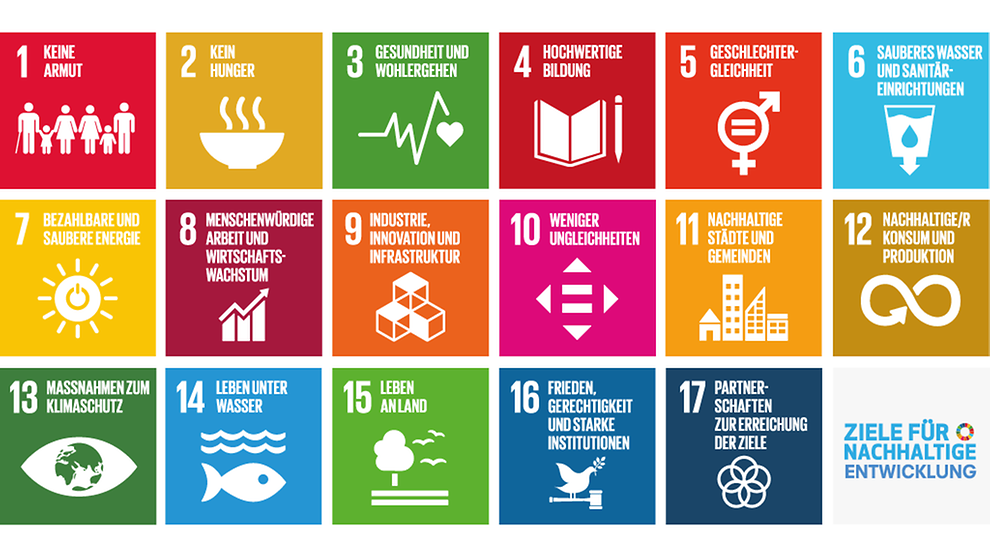
Sustainability award for final theses
Since 2024, Reutlingen University has awarded an annual sustainability prize for outstanding theses. The prize is intended to incentivise students to engage with sustainability issues and develop innovative solutions for corporate responsibility with regard to sustainability and climate protection. The university aims to support ethical and sustainable behaviour.
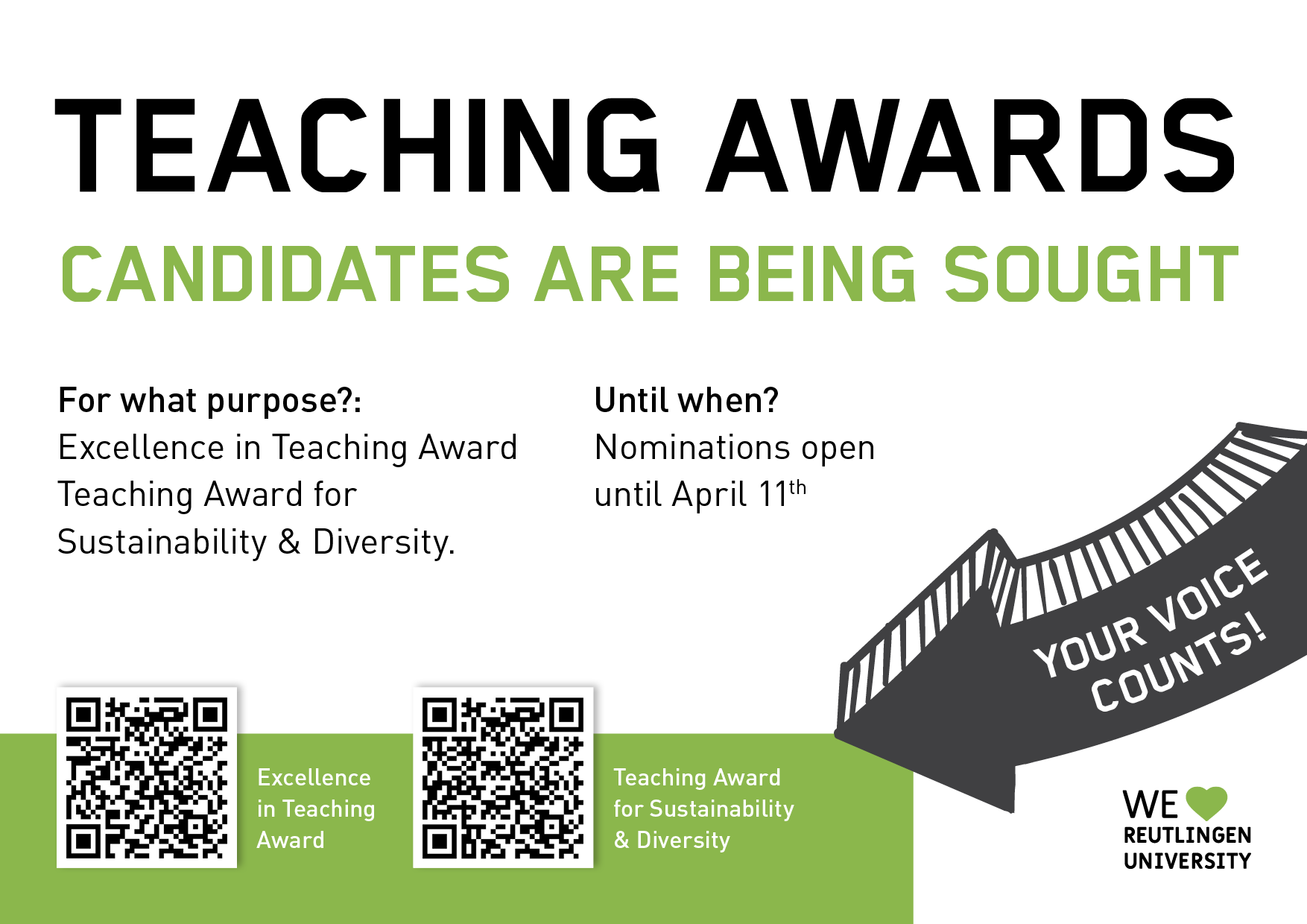
Sustainability and Diversity Teaching Award
Sustainability and diversity are important cross-sectional tasks at our university. In our courses, we impart the necessary specialised knowledge as well as interdisciplinary competences. We would like to honour the commitment of the professors and at the same time provide an incentive to deal with these topics and make innovative approaches visible.

Pop-Up University
Immerse yourself in a world of exciting topics that move our society - controversial, topical and inspiring! The Pop-Up University of the Reutlingen universities invites you not only to listen, but also to become active yourself. Experience high-calibre lectures from experts in education, culture, politics, business and religion every semester.
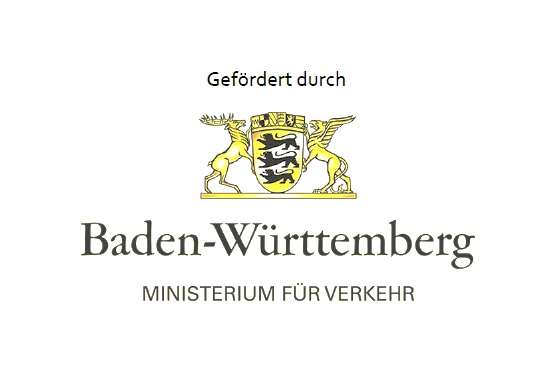

![[Translate to English:] [Translate to English:]](/fileadmin/_processed_/8/a/csm_Loebbe__DSC0578_05c7ed5af8.jpeg)
![[Translate to English:] [Translate to English:]](/fileadmin/_processed_/e/1/csm_Sabine_Merkens_c0dc8c7396.jpg)

